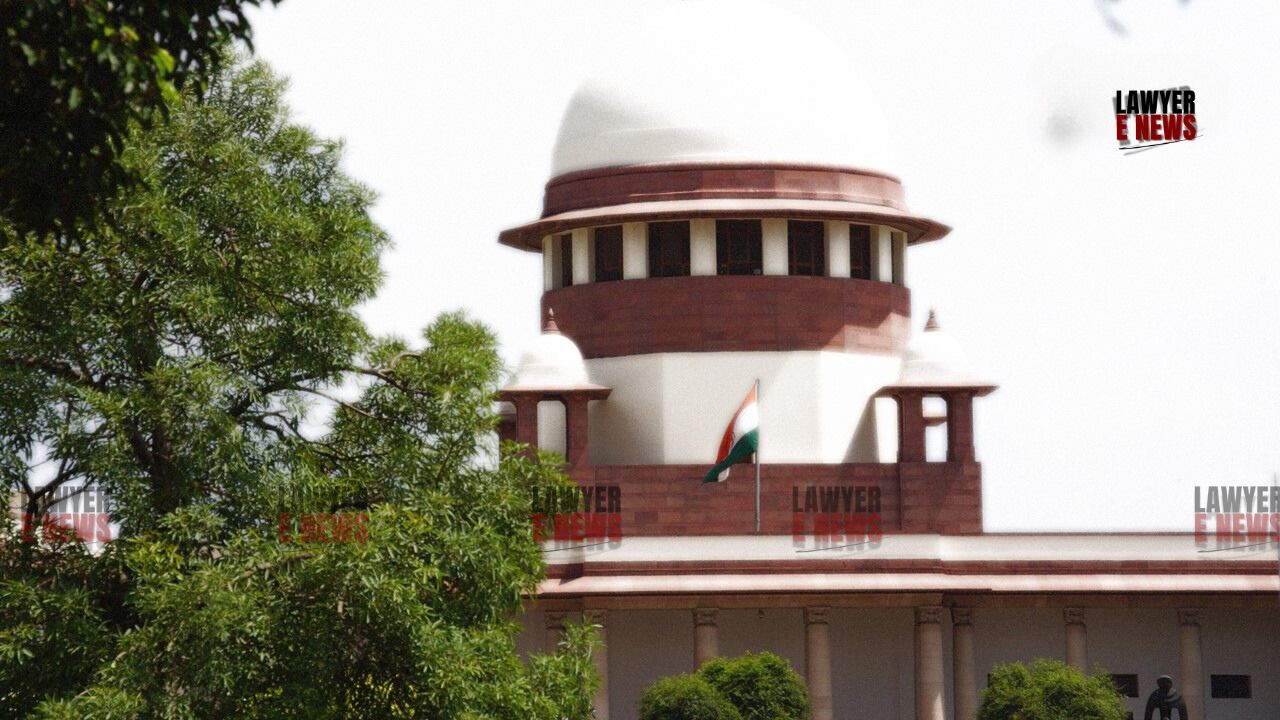-
by sayum
14 February 2026 2:22 PM



In a recent judgment, the Supreme Court set aside an onerous condition imposed by the Patna High Court for granting anticipatory bail in a matrimonial dispute. The bench, comprising Justices C.T. Ravikumar and Prashant Kumar Mishra, highlighted the importance of humane and practicable conditions in such sensitive cases, underscoring the need to preserve personal dignity and the potential for reconciliation.
The case originated from a complaint filed by the wife (second respondent) in Complaint Case No. 1100 of 2021, alleging offenses under Section 498A of the Indian Penal Code and Section 4 of the Dowry Prohibition Act, 1961, against her husband, the appellant Sudeep Chatterjee. The appellant’s initial request for pre-arrest bail was denied by the Sessions Court, leading to an appeal to the Patna High Court. The High Court granted provisional pre-arrest bail but imposed the condition that the appellant submit an affidavit stating he would fulfill all physical and financial needs of his wife, which the Supreme Court later found to be unreasonable.
The Supreme Court emphasized that conditions for granting bail should not be so burdensome that they are impossible to comply with. The Court referred to the legal maxim "Lex non cogit ad impossibilia" (the law does not compel the impossible), noting that the High Court's requirement for the appellant to guarantee all his wife’s physical and financial needs via an affidavit was impractical and counterproductive. The bench remarked, "Giving such a carte blanche, is nothing but making one dominant over the other, which in no way acts as a catalyst to create a comely situation in domesticity."
The judgment referenced past decisions, particularly the landmark ruling in Gurbakash Singh Sibbia v. State of Punjab (1980), which established that bail conditions must be fair and should not infringe upon personal liberty. The Court reiterated that bail conditions should be designed to ensure the accused's presence during trial and the proper conduct of the investigation, without imposing disproportionate or unreasonable restrictions.
Justice Ravikumar observed, "Conditions shall not be put to make it impossible and impracticable for the grantee to comply with... Putting a condition that one of the parties should undertake to fulfill all physical as well as financial requirements of the other party could not bring about a situation conducive to reconciliation."
The Supreme Court's judgment underscores the judiciary's responsibility to protect personal liberty and dignity, especially in matrimonial disputes. By overturning the High Court's impractical bail condition, the ruling not only provides relief to the appellant but also sets a precedent for ensuring that bail conditions are reasonable and promote justice without compromising individual rights.
Date of Decision: August 2, 2024.
Sudeep Chatterjee vs. The State of Bihar & Anr.
